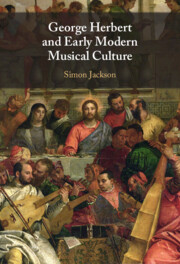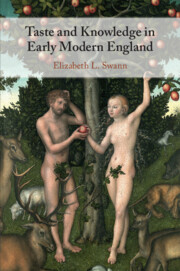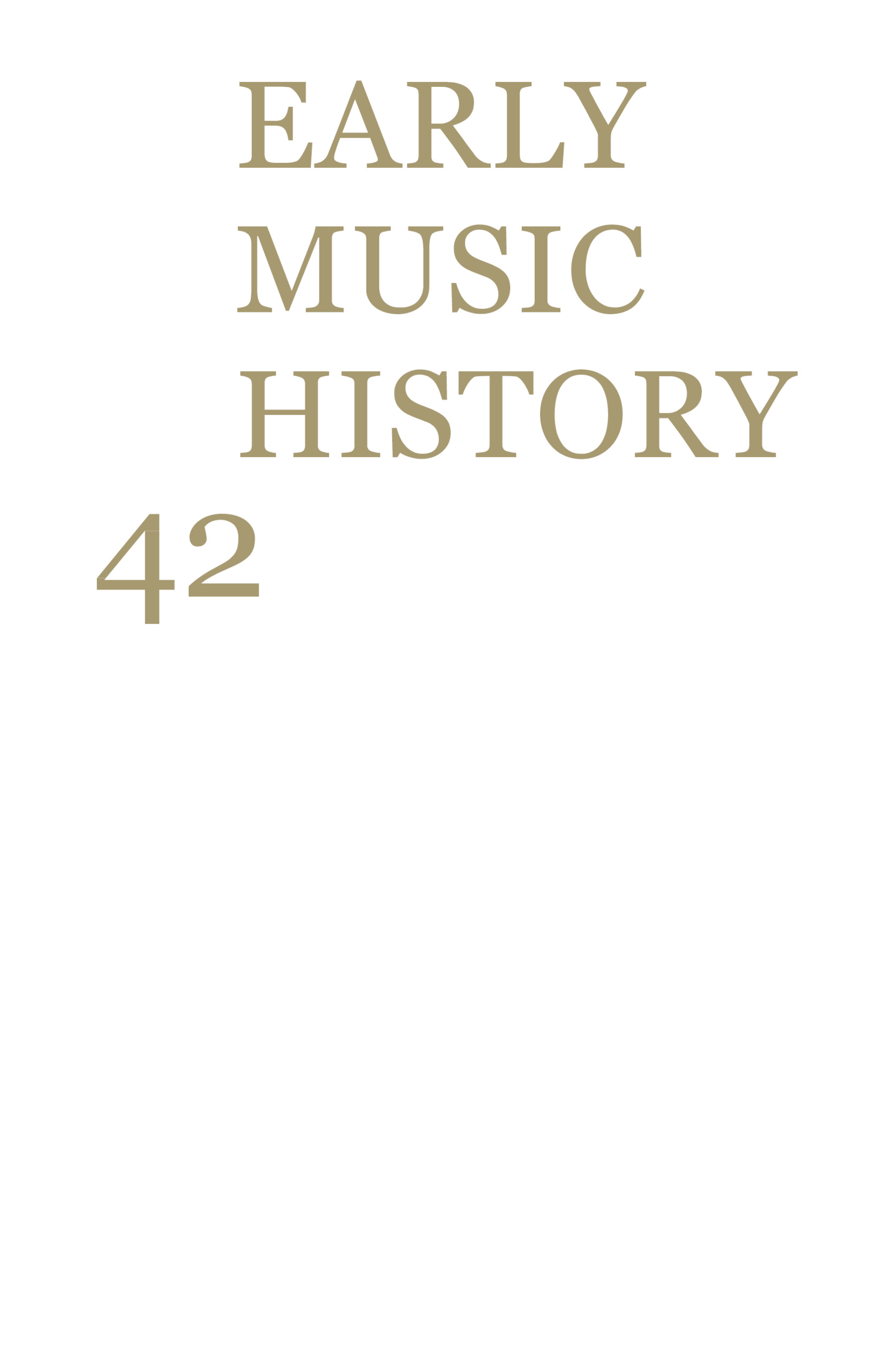George Herbert and Early Modern Musical Culture
Described by one contemporary as the 'sweet singer of The Temple', George Herbert has long been recognised as a lover of music. Nevertheless, Herbert's own participation in seventeenth-century musical culture has yet to be examined in detail. This is the first extended critical study to situate Herbert's roles as priest, poet and musician in the context of the musico-poetic activities of members of his extended family, from the song culture surrounding William Herbert and Mary Sidney to the philosophy of his eldest brother Edward Herbert of Cherbury. It examines the secular visual music of the Stuart court masque as well as the sacred songs of the church. Arguing that Herbert's reading of Augustine helped to shape his musical thought, it explores the tension between the abstract ideal of music and its practical performance to articulate the distinctive theological insights Herbert derived from the musical culture of his time.
- The first extended examination of Herbert as the triple figure of poet, priest and musician, revealing for the first time how music constituted a powerfully articulate and versatile means of expressing and understanding his relationship with God
- Draws on a wealth of biographical and contextual material about the musical and literary practices of Herbert's wider family and friends to situate his verse in its familial and social musico-poetic culture, both sacred and secular, and to thus offer new perspectives on his art
- Makes a substantial contribution to the study of seventeenth-century poetry and theology, as well as the study of the spirituality of the seventeenth-century Church, and demonstrates the unique advantages of a synthesized approach to cultural history for the reading of early modern literature more widely
Reviews & endorsements
‘This insightful and inviting book allows us to hear Herbert's musical world with fresh ears, attuned not only to individual imagination and pen but to the broader soundscape in which Herbert worked and thought. Simon Jackson's skillful approach offers new appreciation the profound impact of music on Herbert's poetry and, what is more, new and original understanding of Herbert's connections to the cultural orbits of his brother Edward (Lord of Cherbury), William Herbert and the Sidney family, Stuart masque culture, and more.’ Scott Trudell, University of Maryland
'George Herbert and Early Modern Musical Culture is that rarest of things – a triumph of learned, insightful interdisciplinarity. Jackson writes with equal sensitivity on music, verse, and biography, and tunes all three into a beautiful critical consort. His book is a landmark achievement in the study of Herbert and of early seventeenth-century artistic culture – a must for every lover and scholar of Herbert and his circle.' Peter McCullough, University of Oxford
‘(an) exemplary study’ Alison Shell, Times Literary Supplement
‘This is an important book for our understanding of Herbert. Jackson persuades us, through weight of evidence and careful argument, that Herbert was not just influenced by sacred church music, but that he had a lived experience of a wide breadth of recreational music which helped to shape his poetic art.’ Jonathan Arnold, Church Times
Product details
June 2025Paperback
9781009107693
282 pages
229 × 152 mm
Not yet published - available from June 2025
Table of Contents
- 1. Measuring Well: Ethics and Incarnational Music
- 2. Communities of voices: Song culture at Wilton House
- 3. The visual music of the masque
- 4. Concord and consent: The music of Lord Herbert of Cherbury
- 5. Double motion: Attending to church music
- 6. Singing the Psalms.




